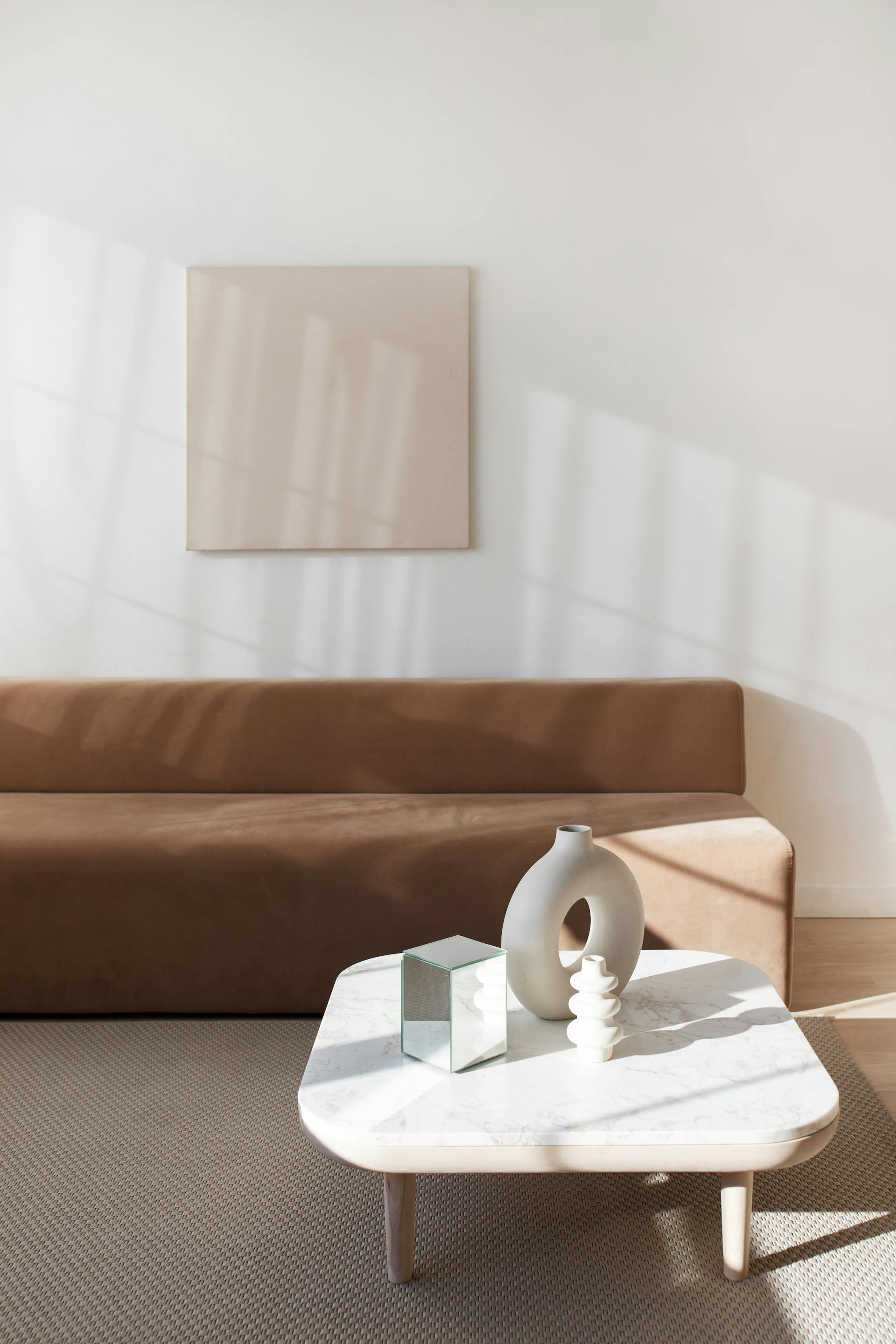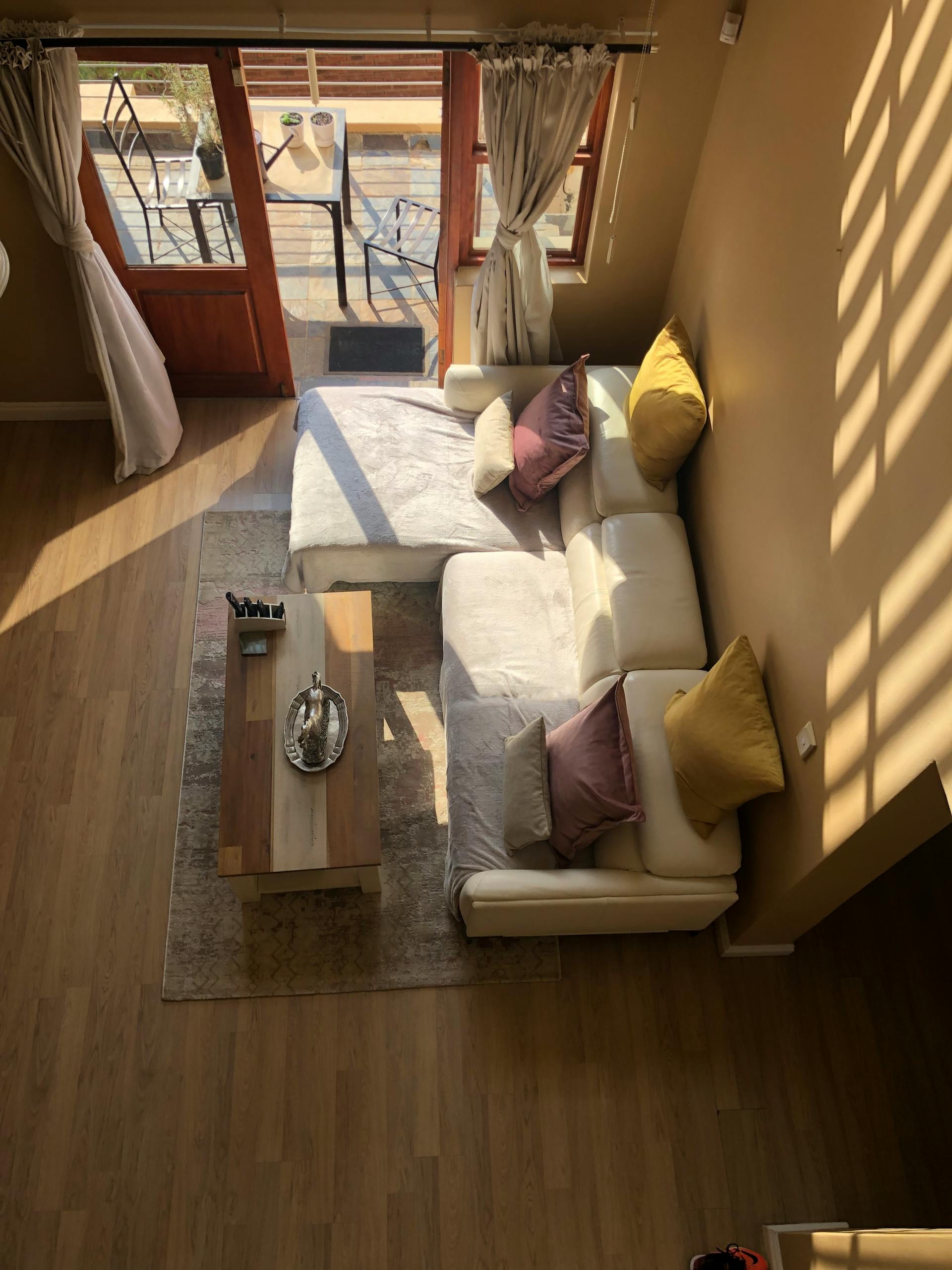Exploring the Different Types of Sofas and Couches: A Detailed Comparison
Table of Contents
-
Introduction
-
Modular vs. Traditional Sofas: What Sets Them Apart?
-
The Case for Modular Sofas
-
3.1 Flexibility & Adaptability
-
3.2 Delivery & Portability
-
3.3 Style Versatility
-
-
The Traditional Sofa Appeal
-
4.1 Sturdy Construction
-
4.2 Timeless Designs
-
-
Comfort & Ergonomics
-
5.1 Modular: Plush & Adjustable
-
5.2 Traditional: Firm & Supportive
-
-
Practical Considerations
-
6.1 Maintenance
-
6.2 Room Layouts
-
6.3 Lifestyle Fit
-
-
Final Thoughts
-
Visual Comparison Table
1. Introduction
Choosing the perfect sofa is no small feat. Whether you're settling into a new space or upgrading your living room, the debate often comes down to modular vs. traditional sofas. Both have their merits, but depending on your lifestyle, space, and aesthetic, one might just edge out the other. Let's dive in.

2. Modular vs. Traditional Sofas: What Sets Them Apart?
At first glance, both serve the same function – a place to sit, relax, and socialize. But dig a little deeper and you'll find vast differences in construction, style, and usability.

3. The Case for Modular Sofas
3.1 Flexibility & Adaptability
Modular sofas are all about customization. You can reconfigure them into L-shapes, U-shapes, or break them apart entirely. They grow with you, adapt to new spaces, and can even evolve into a bed for guests.

3.2 Delivery & Portability
Say goodbye to narrow staircases and tight hallways. Modular sofas come in separate pieces that are easy to transport and assemble – ideal for apartment dwellers or frequent movers.
3.3 Style Versatility
From minimalist Scandinavian to bold contemporary, modulars can blend with any interior style. Swap out covers or rearrange parts for a refreshed look anytime.
4. The Traditional Sofa Appeal
4.1 Sturdy Construction
Traditional sofas often boast a strong internal frame, usually wood or metal. This makes them incredibly durable and supportive for long-term use.

4.2 Timeless Designs
For lovers of vintage charm or elegant aesthetics, traditional sofas offer silhouettes that never go out of style – tufted backs, rolled arms, and ornate legs.
5. Comfort & Ergonomics
5.1 Modular: Plush & Adjustable
Thanks to their foam-based construction, modulars are often softer, cushier, and great for lounging. Some even allow you to adjust the configuration for ergonomic support.

5.2 Traditional: Firm & Supportive
For those who prefer firmer support, especially for back posture, traditional sofas often come with more structure and high-resilience cushions.
6. Practical Considerations
6.1 Maintenance
Modulars usually feature removable, washable covers – a lifesaver for homes with kids or pets. Traditional sofas, while elegant, may need professional cleaning.
6.2 Room Layouts
If you enjoy rearranging your space or live in a compact home, modulars give you freedom. Traditional sofas are fixed, requiring more commitment to layout.

6.3 Lifestyle Fit
Modular: Urban, flexible, modern. Traditional: Classic, formal, timeless.
7. Final Thoughts
There’s no universal winner here – just the right fit for your lifestyle. If you crave adaptability, frequent changes, and casual comfort, modular is your go-to. If you value heritage, firm structure, and traditional elegance, the classic sofa has your back (literally).
8. Visual Comparison Table
| Feature | Modular Sofa | Traditional Sofa |
|---|---|---|
| Flexibility | High (Reconfigurable) | Low (Fixed) |
| Portability | Easy to move & deliver | Heavy, may not fit tight spaces |
| Comfort | Plush, foam-based comfort | Structured, firm cushions |
| Style Variety | Modern, changeable | Classic, elegant |
| Maintenance | Removable/washable covers | Often needs professional cleaning |
| Best For | Urban, modern, family spaces | Formal, traditional settings |



 Divani Confex
Divani Confex Pouf Sofio
Pouf Sofio


Condividi:
How a Sofa Can Change Your Life
Sofa Trends 2025 : Modern Styles, Colors & Comfort for Every Home